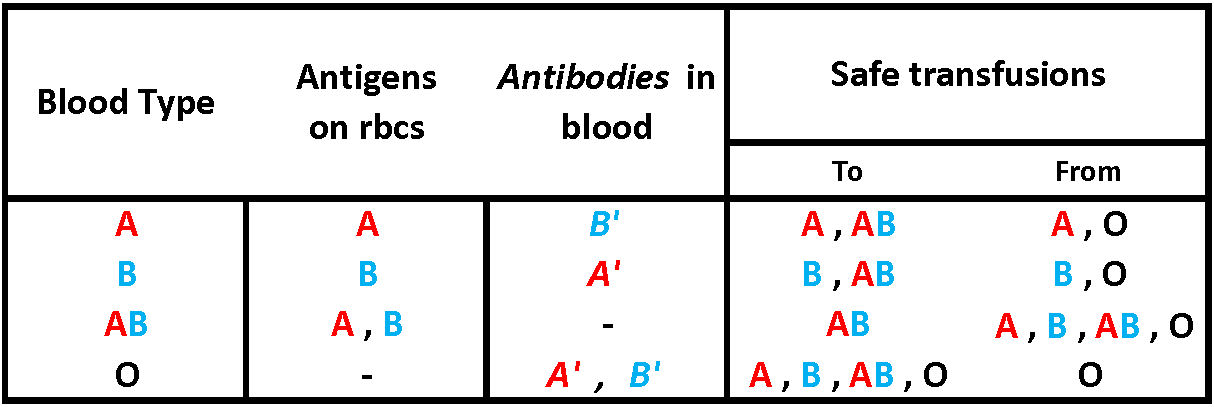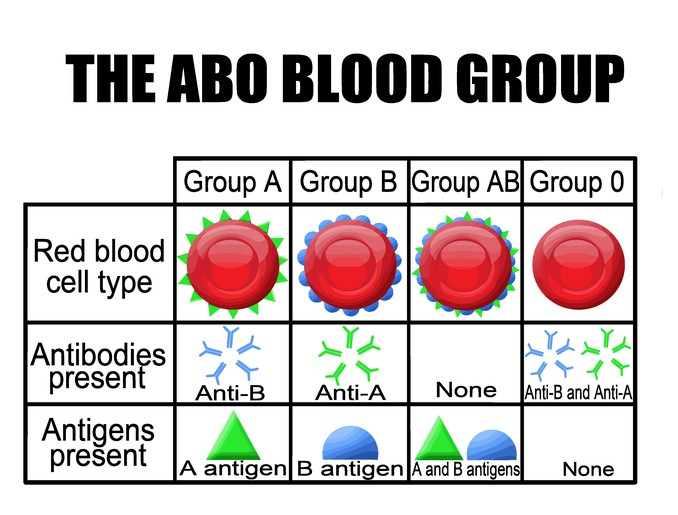


All the H-deficient phenotypes tested were nonsecretors of ABH in their saliva, and one-third were Lewis negative.

A, B, and AB Bombay subjects had small but detectable amounts of A and/or B antigens on erythrocytes. On the island of Reunion, the frequency of Bombay blood is unusually high as well.įorty-two H-deficient individuals (lacking H antigen on erythrocytes) with anti-H in their sera were found on Reunion Island. Source: Prevalence of Bombay Group Blood in Southern Bengal Population

Another study from northwestern Orissa reported an average of 1 in 278 Bombay phenotype among Bhuyan tribal population. High incidence of Bombay phenotype reported in Orissa of eastern India, among Kutia Kondh tribe. But there are a few places and populations among whom the frequencies are unusually high: The origin of Bombay blood has yet to be determined. (Read: Mangalore docs perform open heart surgery on woman with rare blood group) So transfusion of blood from people with blood group A, B, AB or O (which contains H antigens) will cause a reaction (acute haemolytic transfusion reaction) in the body leading to serious health complications. However, people with Bombay blood group do not have a H antigen meaning they have anti-a, anti-B and anti-H antibodies in their blood. Apart from A, B and O blood group, we also have an antigen known as H antigen. People usually have either of A, B, AB or O blood groups hich have H antigens. For example, a person with A blood group will have type A antigens and anti B antibodies (immune cells that fight against antigens other than their own antigens, in this case they produce antibodies against B). Bombay blood group is a type of blood group that has no ‘H’ antigen.


 0 kommentar(er)
0 kommentar(er)
